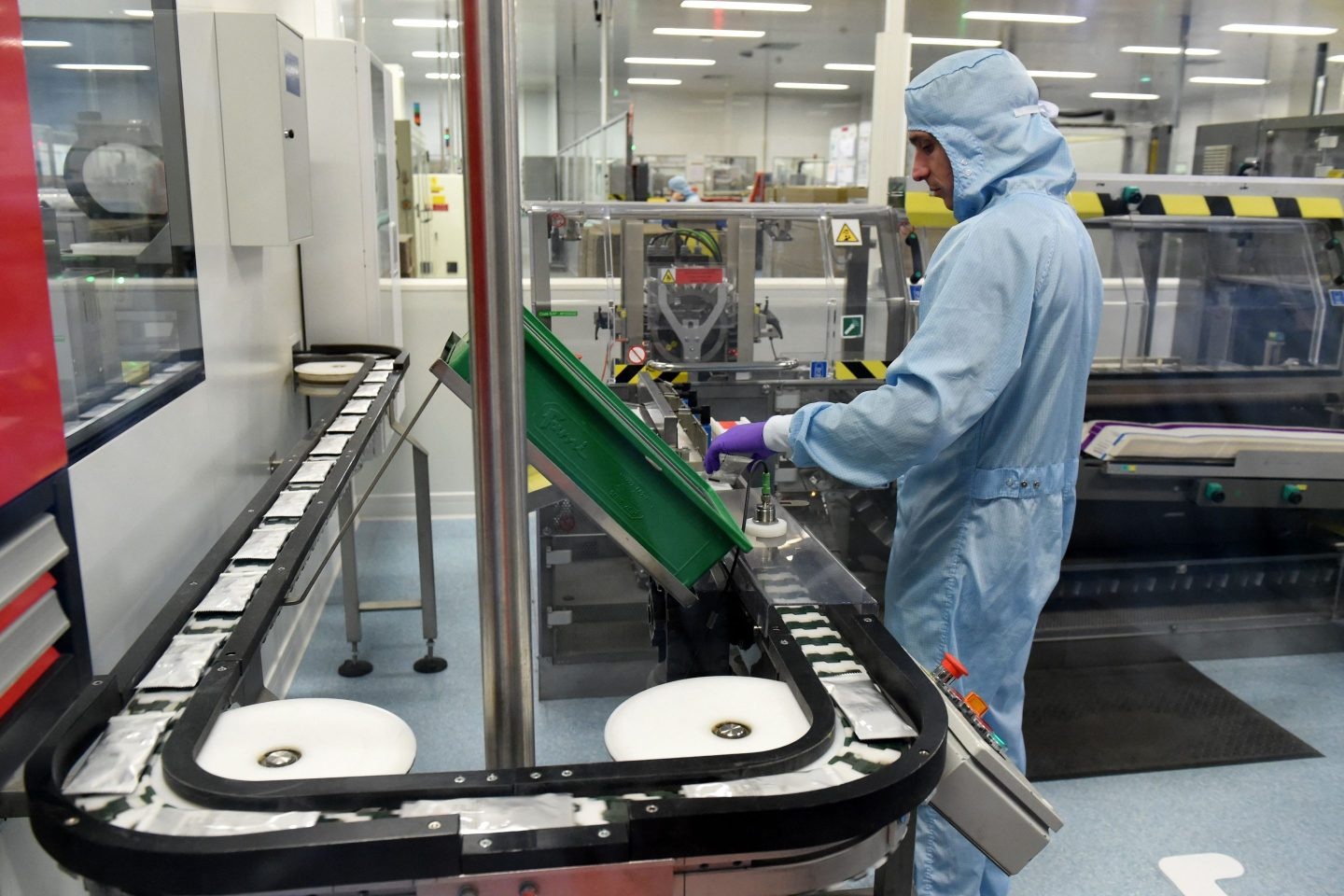U.S. President Donald Trump has announced a sharp escalation in his “reciprocal tariffs” strategy, warning that levies on pharmaceutical products and semiconductors could begin as early as August 1.
Local media sources say this move, he says, aims to protect American industries and boost domestic manufacturing.
Speaking to reporters Tuesday, Trump said tariffs on drug imports are likely to be unveiled “probably at the end of the month.”
He revealed that they would start low, giving pharmaceutical firms around a year to relocate production to the U.S., before climbing to “a very high tariff”
Trump hinted tariff rates on medicines could reach as high as 200% within that time frame and will apply similar timing for chip duties.
He described the semiconductor sector as “less complicated” for implementation.
Details, he explained, await the conclusion of his Commerce Department’s Section 232 investigations on national security grounds
In April, the administration launched formal probes into imports of pharmaceuticals and semiconductors under Section 232 of the Trade Expansion Act of 1962.
The investigations are part of a broader effort to justify tariffs on essential goods ranging from copper to chips under assertions of national security
Trump has also proposed a 50% tariff on imported copper and talked about applying tariffs of up to 40% on various countries.
These include Bangladesh, Japan, and South Korea, unless trade agreements are reached by August 1.
The impact of pharmaceutical tariffs would ripple across global drugmakers, including Eli Lilly, Pfizer, and Merck, many of which hold overseas production sites.
Critics warn that steep duties could drive up costs for U.S. consumers and signal trouble ahead for innovation and access
Major pharmaceutical firms are lobbying aggressively for a gradual tariff rollout and have invested billions in domestic expansion, with Eli Lilly earmarking $27 billion and Johnson & Johnson pledging $55 billion
Semiconductors, crucial for consumer electronics, automotive, and defense, also hang in the balance.
Any tariffs on chips could disrupt supply chains for companies like Apple and Samsung, and impact Taiwan, South Korea, and Japan, which dominate semiconductor production
Trump’s tariff threats coincide with a related trade investigation targeting Brazil, launched by Trade Representative Jamieson Greer under Section 301.
This probe examines alleged unfair practices in Brazil’s digital trade, preferential tariffs, corruption, illegal deforestation, and constraints on U.S. tech firms, farmers, and ethanol producers
The inquiry follows Trump’s threat of a 50% tariff on Brazilian imports, a move he linked to political tensions involving former President Bolsonaro
These shifts come during a delicate period, as Trump’s earlier “reciprocal” tariff list, covering over 80 nations, has been temporarily extended to August 1 from an initial July 9 deadline
Countries including Mexico, the EU, Canada, and Asian trading partners are scrambling to negotiate exemptions or face duties ranging up to 50%.
The looming tariffs have had significant fiscal impact. U.S. customs duty revenue between April and June reached $64 billion.
This was $47 billion more than the same period last year—showing the financial weight of Trump’s tariffs.
Nonetheless, only China and Canada have so far retaliated with tariffs of their own, while other nations wait to see if Trump enforces his threats
Economic analysts warn that broad tariffs on essential sectors could:
- disrupt global supply chains,
- raise costs for consumers, and,
- exacerbate uncertainties in both the U.S. and global markets.
Political observers note Trump’s growing reliance on fiscal pressure to renegotiate trade terms ahead of the November elections.
For now, global trade partners are racing against the August 1 deadline, hoping for exemptions, delays, or new trade agreements.
Otherwise, the world may wake up to U.S. sanctions that reach the core of modern technological supply chains.







